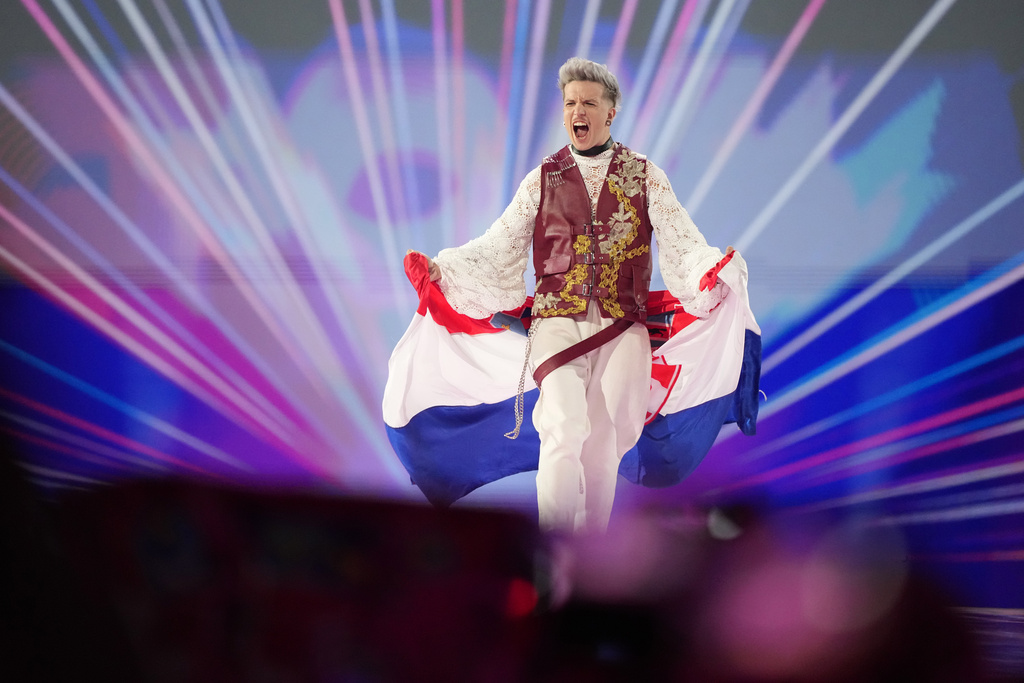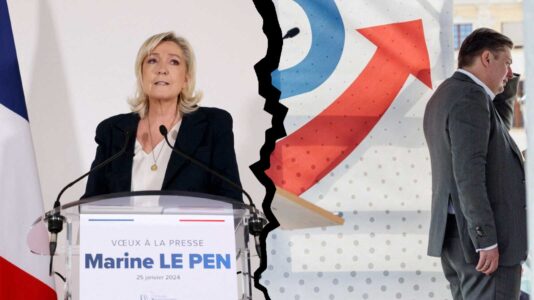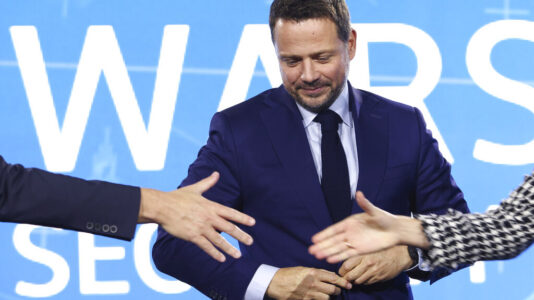Marko Purišić, better known as Baby Lasagna, has recently become Croatia’s newest national hero, following his second-place finish at the Eurovision Song Contest. In a surprising move, Purišić publicly declined a €50,000 reward from the Croatian government intended for “promoting the country.”
He urged Prime Minister Andrej Plenković to redirect the funds to two children’s hospitals in Zagreb instead. “There are many others who need this money more than I do,” Purišić stated.
This act of generosity further solidified his status as a beloved figure in Croatia, not only for his historic performance at Eurovision but also for capturing the hearts of Croatians across all walks of life.
Purišić, an outsider who rose to fame almost by accident, managed to unite his country amidst a polarized social climate through his music — a blend of Croatian folklore and dance with industrial elements, telling the story of young Croatians forced to leave their homeland. This is the story of thousands of young Croatians over the last 15 years.
Throughout his rise to fame, Purišić has openly discussed his deepened faith in Jesus, which resonates strongly with many in predominantly Catholic Croatia. Despite his musical successes, including some recognition in Germany, Purišić has battled depression, which he openly credits his faith for helping him overcome. His journey and the genuine nature of his faith have endeared him further to the Croatian public, transcending political and social divisions.
Critics like Croatian columnist Ivica Šola have commented on the symbolic nature of Purišić’s Eurovision performance, contrasting it with the perceived decline of Western culture highlighted by the event.
Šola sees the Eurovision Song Contest as a symbol of the decay of civilization, a term German philosopher Martin Heidegger described as “abendland.” “Abendland is a land of the ruins of the spirit, where God has been killed by theologians, law is murdered by lawyers, art destroyed by artists, and philosophy annihilated by philosophers. A similar fate has befallen politics, poetry, and music, whose representatives have also executed their fields. Each of them is unaware of this fact, yet each is proud of their evil,” writes Šola.
Yet, Purišić’s sincere and unassuming demeanor, along with his unobtrusive Christian faith, have set him apart from the usual Eurovision fare.
Although Baby Lasagna won the audience vote, the jury chose Nemo, a non-binary contestant from Switzerland. And I think that’s better for Croatia. Hosting an expensive event with pornography and satanic rituals in the background is the last thing we need right now.





